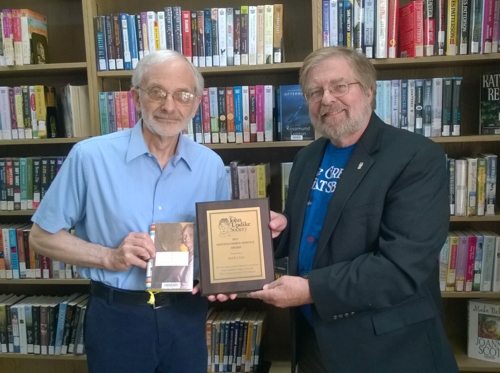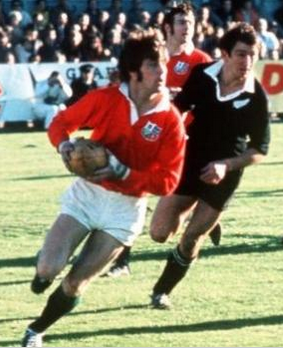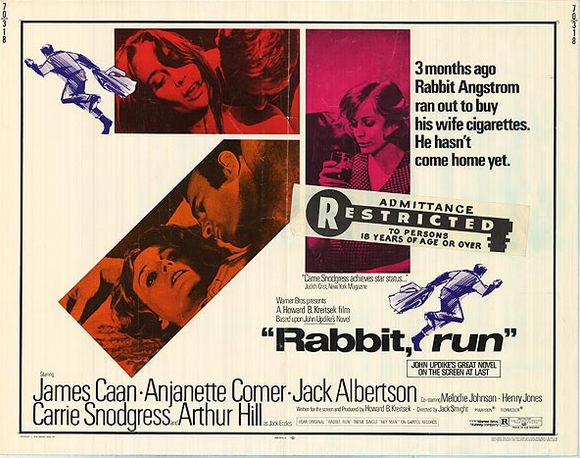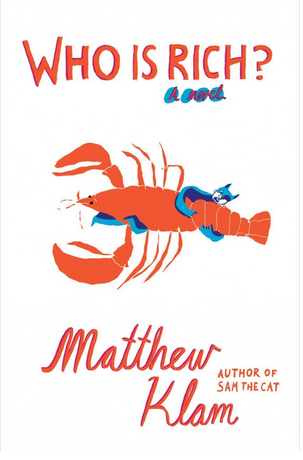 For half of its 13-year run, The Centaurian counted on Dave Lull to scour the Internet for Updike-related news so that editor James Yerkes could keep the site interesting and useful for scholars and the just-plain-readers Updike most appreciated. Then, two years after a server problem forced that site to close in 2009, Lull, a librarian in charge of technical services at the Duluth Public Library in Duluth, Minn., began doing the same thing for The John Updike Society website. Over the years he’s provided editor James Plath with the material to post more than 700 articles, both popular and academic—fitting, since over the course of his 39-year career as a librarian Lull has worked in both academic and popular libraries, in both reference and technical services.
For half of its 13-year run, The Centaurian counted on Dave Lull to scour the Internet for Updike-related news so that editor James Yerkes could keep the site interesting and useful for scholars and the just-plain-readers Updike most appreciated. Then, two years after a server problem forced that site to close in 2009, Lull, a librarian in charge of technical services at the Duluth Public Library in Duluth, Minn., began doing the same thing for The John Updike Society website. Over the years he’s provided editor James Plath with the material to post more than 700 articles, both popular and academic—fitting, since over the course of his 39-year career as a librarian Lull has worked in both academic and popular libraries, in both reference and technical services.
Lull retired from library work in 2015, but not from Updike studies. “He sends me so many Updike-related stories and articles that it’s hard for me to keep up,” Plath said—something he shares in common with Yerkes, who could never manage to publish all of the items that Lull located. “I fall behind, and then go through my emails to play catch-up,” Plath said. “But I can’t imagine trying to maintain a society website/blog without Dave’s help. He has really enriched our society’s site.”
Because of all that Lull has done for Updike studies and for all he continues to do, the board of directors of The John Updike Society unanimously approved him to receive the society’s Distinguished Service Award.
Yerkes never had the pleasure of meeting Lull, who lives in Superior, Wis. across the bay from Duluth, but because Plath was going to be in Saint Paul for an F. Scott Fitzgerald conference he suggested meeting halfway in Hinckley, Minn. Appropriately, they gathered at the Hinckley Public Library, where one of the librarians offered to take a photo of the presentation.
“When I walked in, Dave was already there and I asked him if the library had any Updike books,” Plath said. “Of course, being both a librarian and an Updike fan, Dave had already checked. ‘Only one book,’ he said. ‘The Maples Stories.'”
Lull’s academic background is in political science (mainly political philosophy) and philosophy, and he received a B.S. from the University of Wisconsin-Superior in 1970. Then he earned a Master’s in Library Science from Rosary College (now Dominican University) in 1976 after a four-year stint in the Navy. “I have wide-ranging interests with no areas of expertise, so librarianship has been a good fit for me,” Lull said. “I do have a special interest in writing and writers, though I’m not a writer.”
In presenting the award on behalf of the society, Plath noted that it was awarded “with gratitude to Dave Lull, for his many years helping to promote John Updike’s legacy through The Centaurian and JUS website.”
“If you see an article on our website, odds are it’s from Dave,” Plath said.
“I’m delighted to know that I’ve been of service,” Lull said.
This is the fifth Distinguished Service Award the society has presented in its nine years of existence, with the first one going to Yerkes back in 2010.
 James Warren, in a June 30, 2017 column for the Poynter website, noted that Phil Jackson (pictured), the “fabled pro basketball coach got canned as chief executive of the New York Knicks. It’s open season on him right now, with nary a positive word being written about him.
James Warren, in a June 30, 2017 column for the Poynter website, noted that Phil Jackson (pictured), the “fabled pro basketball coach got canned as chief executive of the New York Knicks. It’s open season on him right now, with nary a positive word being written about him.



